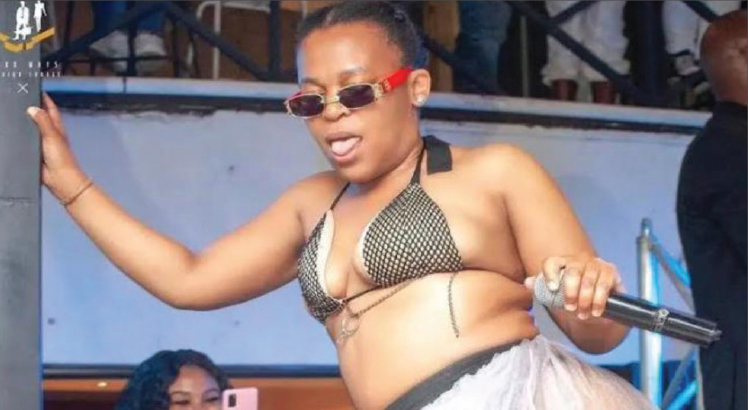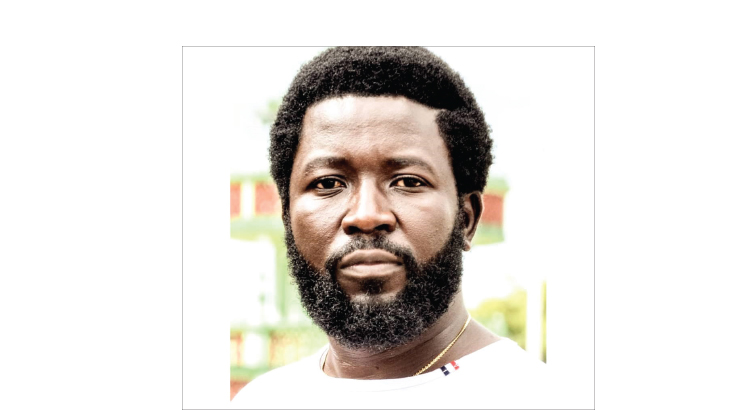The decision by government to ban South African exotic dancer and event host Zodwa Wabantu from entering Malawi has opened a Pandora’s box.
The entertainer was initially scheduled to host the Winter Amapiano Vibes at The Dominics Hotel on June 10. However, the Ministry of Tourism, Culture and Wildlife denied her entry to perform in the country after what they called a review of her reputation as an artist.
“We had to review the pictures and video clips that are in circulation depicting Zodwa on stage. We have noted that Zodwa as a stage personality has built her career and fame around morally degrading stage acts which include performing in very scanty underwear,” reads part of the letter from the ministry.
Not welcome in Malawi: Zodwa
Following this intervention, the organisers of the event were forced to limit her role and participation to a visitor. But as it turned out, the ministry’s intervention was never going to be the last as two days later, she was effectively barred from getting into the country.
In a letter signed by the ministry’s Principal Secretary Chauncy Simwaka addressed to the Ministry of Homeland Security, he indicated that the South African should not be allowed in Malawi during the days the event will be hosted.
Art enthusiasts, academics, lawyers and human rights activists have weighed in on the debate on how far State instruments can come in to censor and regulate art and artists.
University of Malawi associate professor in the department of fine and performing arts at University of Malawi, Dr Zindaba Chisiza, said history has shown that the State has always tried to interfere with artists especially when the narrative doesn’t fit their code.
He said it is overzealous to ban an artist or an artistic creation based on the argument of morality which falls on individuals.
“As a people, we are not moral for so many reasons. We commit so many heinous crimes in our societies. We kill albinos, we rape children, we steal public coffers and we can’t claim to have higher moral standards,” Chisiza told Chill.
He said any artistic product has its clientele, as such, it is very wrong to tell people what they should watch or not.
Chisiza said: “When Zodwa comes here it is not the entire nation which will go, but only those who want the product. The performance is not a public one, but a paying one. Should we interfere with what people want to pay and watch?
“It is not a good indication of what a democratic country is. It is so outdated. If we go in the pubs, we will find a lot of Zodwas performing only that they are not famous.”
Lawyer and longtime entertainment promoter Jai Banda said in an interview in this time and era where the Constitution provides guidance, people have a freedom of choice.
“Why not put a condition on her performance than deciding on behalf of grown-ups who will go to the event voluntarily? Are we going back to the days of regulating dress, hair and all that? I suppose culture cannot be dented by watching Zodwa perform,” he said.
Banda said organisers of the event can institute judicial review proceedings to have a declaration made on the matter
“It would have been good if this was done for the sake of setting a precedence so that others in future are clear,” he said.
In a separate interview, Coalition for the Empowerment of Women and Girls executive director Beatrice Mateyo said it is wrong for the government to ban the artist based on what they think about how she presents herself.
She told Chill: “It would have been interesting if they had quoted some provisions in the law that she would be contravening by her conduct. We are governed by the constitution and not someone’s moral whims.
“It is wrong for men and society to prescribe how women should dress. It is high time that we stick to what is prescribed in the constitution which allows everyone to dress in the manner that he or she deems fit.”
However, social commentator Chatinkha Chidznja Nkhoma, who is leading a group of women against the coming of Zodwa, told The Nation allowing the artist to come will be an act of embarrassment on the country’s womenfolk.
The post How far can art be censored? appeared first on The Nation Online.
 Moni Malawi
Moni Malawi 

